MTHFR gene test
The MTHFR gene provides instructions for making an enzyme called methylenetetrahydrofolate reductase. This enzyme plays a role in processing amino acids. Methylenetetrahydrofolate reductase is important for a chemical reaction involving forms of the B-vitamin folate. This reaction is required for the multistep process that converts the amino acid homocysteine to another amino acid, methionine. The body uses methionine to make proteins and other important compounds.
MTHFR is essentially short for Methylenetetrahydrofolate reductase. The MTHFR gene test is a useful and powerful assessment to obtain information from for a variety of health conditions. However, one of the main roles of methylenetetrahydrofolate reductase is simply because it is a key enzyme required to metabolise homocysteine. If you are tested positive for certain mutations such as C677T which is the most common gene that is seen in most people, then supplementation may be required for this. Individuals with two copies of this mutation, e.g. one inherited from their mother and one from their father, are called homozygous.
Patients who have homozygous are predisposed to developing high blood levels of homocysteine, particularly when their diets are low in folate. This is a common cause of high blood pressure. A second mutation in the MTHFR gene, called A1298C, has also been implicated in high blood levels of homocysteine when found in conjunction with the C677T mutation.
The MTHFR gene test can be measured by mouth swab at home.
Common symptoms of MTHFR mutation:
Anxiety
Insomnia
Chronic fatigue
Depression
Thyroid disorders
Autism
Chronic inflammation
Increased cardiovascular pressure (elevated BP, elevated risk of strokes and blood clots)
Migraines / headaches
Bipolar
Infertility
Price: $166.40 inc. GST.

